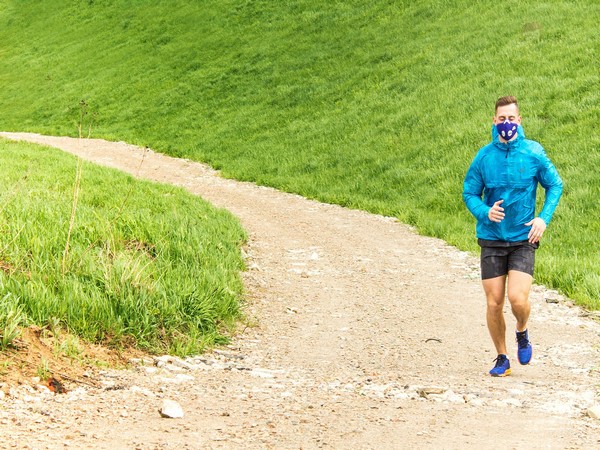11 Dec 2024

Tired Earth
By The Editorial Board

The research has been published in the 'Neurology Journal'.
"Vigorous exercise may increase exposure to air pollution and prior studies have shown adverse effects of air pollution on the brain," said study author Melissa Furlong, PhD, of the University of Arizona in Tucson.
"We did show that physical activity is associated with improved markers of brain health in areas with lower air pollution. However, some beneficial effects essentially disappeared for vigorous physical activity in areas with the highest levels of air pollution. That's not to say people should avoid exercise. Overall, the effect of air pollution on brain health was modest -- roughly equivalent to half the effect of one year of aging, while the effects of vigorous activity on brain health were much larger -- approximately equivalent to being three years younger," Furlong added.
The study looked at 8,600 people with an average age of 56 from the UK Biobank, a large biomedical database. People's exposure to pollution, including nitrogen dioxide and particulate matter, which are particles of liquids or solids suspended in the air, was estimated with land use regression. A land use regression study models air pollution levels based on air monitors and land use characteristics like traffic, agriculture and industrial sources of air pollution.
Participants' air pollution exposures were categorized into four equal groups, from lowest air pollution to highest.
Each person's physical activity was measured for one week with a movement-detecting device they wore called an accelerometer. Then researchers characterized their physical activity patterns depending on how much vigorous physical activity they got, ranging from none to 30 minutes or more per week.
People who got the greatest amounts of vigorous physical activity each week, on average, had 800 cm3 gray matter volume, compared to an average of 790 cm3 gray matter volume in people who did not get any vigorous exercise. Researchers showed that air pollution exposures did not alter the effects of physical activity on gray matter volume. However, researchers did find air pollution exposures altered the effects of vigorous physical activity when looking at white matter hyperintensities. After adjusting for age, sex and other covariates, researchers found that vigorous physical activity reduced white matter hyperintensities in areas of low air pollution, but these benefits were not found among those in high air pollution areas.
"More research is needed, but if our findings are replicated, public policy could be used to address people's exposure to air pollution during exercise," Furlong said.
"For example, since a significant amount of air pollution comes from traffic, promoting running or bicycling along paths far from heavy traffic may be more beneficial," she added.
A limitation of the study is that it used air pollution values from one year only, and levels may vary from year to year.
The study was supported by the National Institute on Aging, the National Institute of Environmental Health Sciences, the Arizona Department of Health Services, and the McKnight Brain Research Foundation. The study used data made available by the UK Biobank. (ANI)
Source : news.webindia123.com
Comment